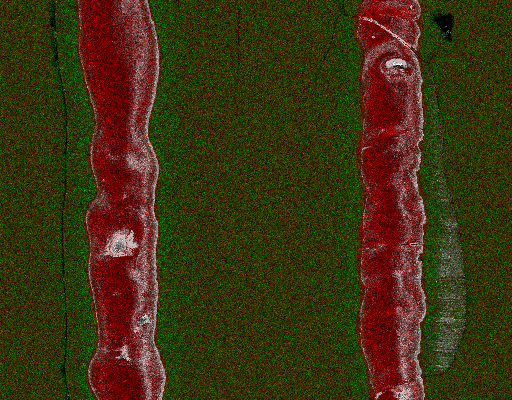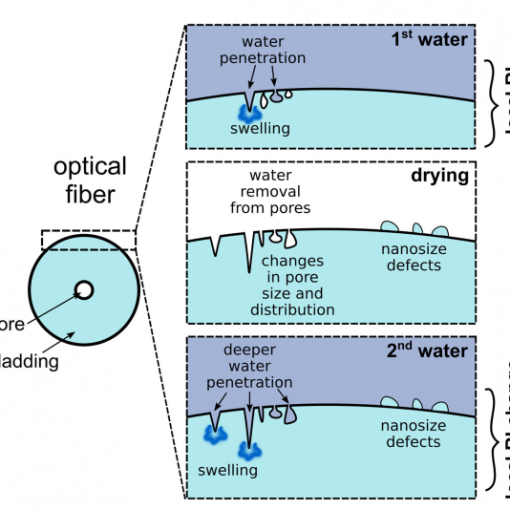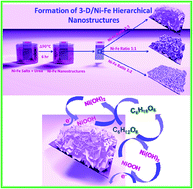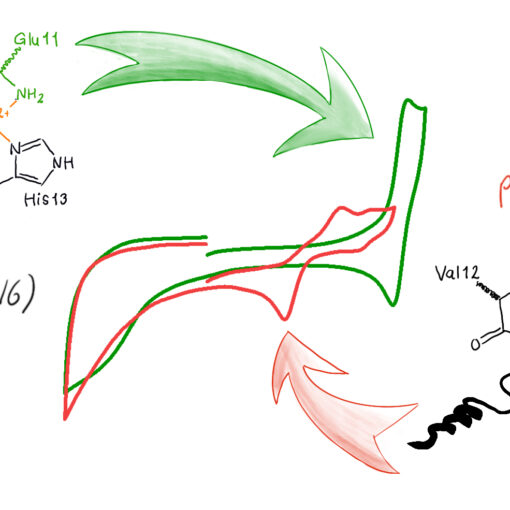
In a publication recently accepted in Lab on a Chip1, we showed a way of creating microelectrodes and arrays of electrodes in ITO using a cheap CO2 laser plotter. Such laser plotters are available in printing shops and similar places or can be bought at relatively low cost to the lab. We use ours mostly for cutting paper for paper-based electrochemistry, but we realised that you can use it to blast away the ITO from a coated glass to quickly make good quality electrodes. After using this method for a while we realised that maybe it could be worth publishing this, because people we talked to seemed to genuinely like the idea.
To demonstrate the method, we created microelectrodes with 25, 50, and 100 µm nominal width. It turned out that the thinnest electrodes were kind of at the border of what was possible with our system, and the result was not really reproducible. However, the larger electrodes worked beautifully. Also, to really show that this method is very usable also for those who don’t have their own laser plotter, we went to a printing shop and had them prepare some electrodes for us. These also worked, even if the reproducibility was somewhat lower.
In a second method, we used the laser to cut patterns in normal sticky tape that covered the electrodes. The cut tape was then used as a mask for protecting the ITO on the electrode while the rest of the conducting layer was etched away using a mixture of FeCl3 and HCl. This method is much easier than the direct writing using the laser, but the resolution is somewhat lower.
In any case, if you need patterned ITO electrodes, both of these methods are cheap and fast ways of creating almost any kind of electrodes you might want.
The paper is a collaboration between our group and former members of the group, now in the group of Emilia.
- K. Kappalakandy Valapil, M. S. Filipiak, W. Rekiel, E. Jarosińska, W. Nogala, M. Jönsson-Niedziółka, E. Witkowska Nery
Fabrication of ITO microelectrodes and electrode arrays using low-cost CO2 laser plotter, (preprint on ChemRxiv), (data available on RepOD), (accepted). (link)




